kernel
Latest

Windows 10's built-in Linux kernel will be available to everyone soon
You won't have to be a tester to try Windows 10's new, built-in Linux kernel in the near future. Microsoft has confirmed that Windows Subsystem for Linux 2 will be widely available when Windows 10 version 2004 arrives. You'll have to install it manually for a "few months" until an update adds automatic installs and updates, but that's a small price to pay if you want Linux and Windows to coexist in peace and harmony. It'll be easier to set up, at least -- the kernel will now be delivered through Windows Update instead of forcing you to install an entire Windows image.
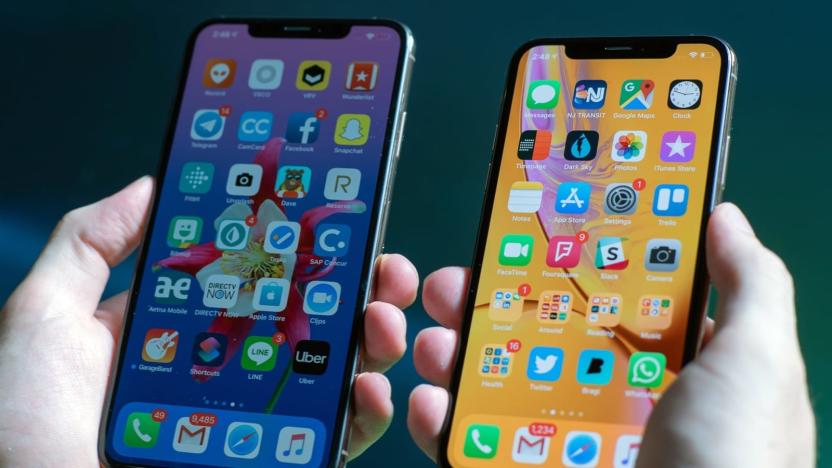
Apple re-fixes a bug that let users jailbreak iPhones
Apple fixed a vulnerability that temporarily allowed hackers to jailbreak iPhones. The bug was first fixed in iOS 12.3 but reintroduced in iOS 12.4. Hackers discovered the flaw earlier this month and shared a free public jailbreak just for the fun of it. Today, Apple released iOS 12.4.1, which should take care of the vulnerability once and for all.
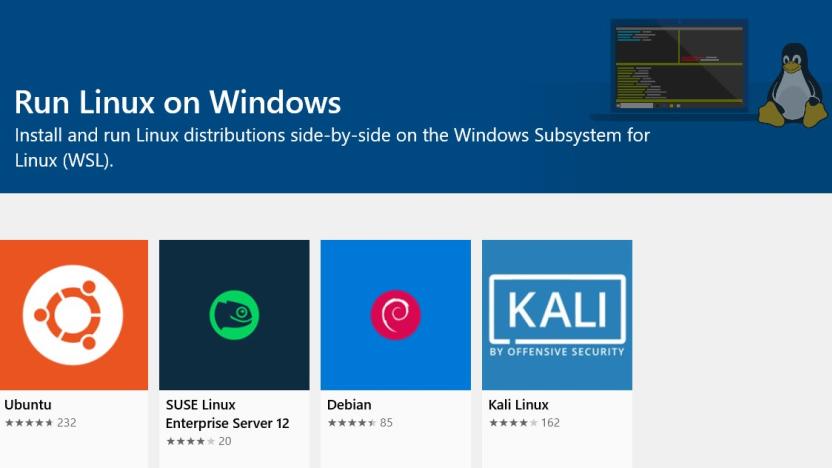
Microsoft's built-in Linux kernel for Windows 10 is ready for testing
Just as promised, Microsoft has delivered a built of Windows 10 to members of its Insiders beta program that includes Windows Subsystem for Linux 2. It was announced just last month at the Build event, and the tech included in Preview Build 18917 (20H1) should bring much faster I/O performance than the previous emulator showed. The company's Command Line blog has more details on how to make it all work, but for real-world benchmarks we'll have to wait for testers to update and interface with it using Linux distributions that are either sideloaded or installed from the Windows Store.
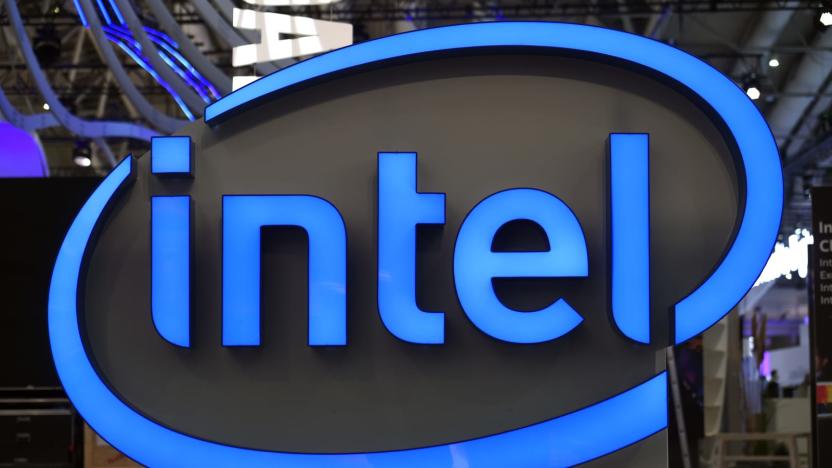
Intel says it will patch 90 percent of recent chips by next week (updated)
A little more than a day since Google Project Zero went public with its findings regarding a major security flaw in Intel (and others) chip designs, the company announced that it is already is pushing out patches to eliminate the vulnerability. Intel has "already issued updates for the majority of processor products introduced within the past five years," per the company press release, and expects to have 90 percent of affected chips produced within the past five years patched by the end of the week.
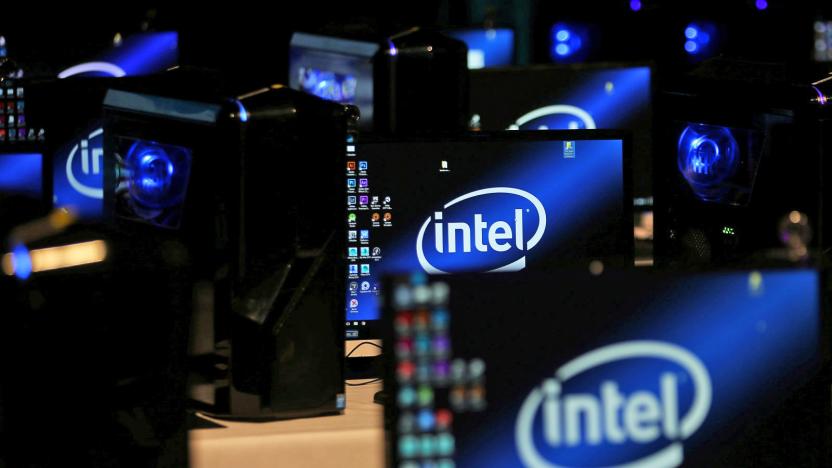
Fix for Intel's massive CPU security flaw might slow down your PC
Intel is grappling with another major security flaw in its processors... and this time, the cost of fixing it may be very steep. Researchers have discovered a design vulnerability in Intel CPUs over the past decade that covers the ability of ordinary programs to determine the content or layout of protected kernel memory (i.e. areas reserved just for the operating system). While the details appear to be under embargo for now, the fix is to completely separate the kernel memory from those ordinary processes. That could carry a significant speed hit, since it requires switching between two memory address spaces every time there's a system call or a hardware interrupt request.

Apple releases kernel source code tuned for mobile chips
Ever since the first version of OS X, Apple has regularly released the kernel source code for Macs. In theory, you could learn from it or even build your own projects from it. For iOS, though? Not so simple. Even if you had source code, it wouldn't matter much unless it was optimized for the ARM-based chips that you see in most phones and mobile tablets. However, Apple is shaking things up a bit. The company has quietly posted ARM-friendly source code for the XNU kernels used in iOS and macOS. That's particularly relevant if you're interested in iOS, since you now have code that would theoretically run on an iPhone or iPad. However, it's not quite the breakthrough move it seems at first blush.

Linux exploit gives any user full access in five seconds
If you need another reason to be paranoid about network security, a serious exploit that attacks a nine-year-old Linux kernel flaw is now in the wild. The researcher who found it, Phil Oester, told V3 that the attack is "trivial to execute, never fails and has probably been around for years." Because of its complexity, he was only able to detect it because he had been "capturing all inbound HTTP traffic and was able to extract the exploit and test it out in a sandbox," Oester said.
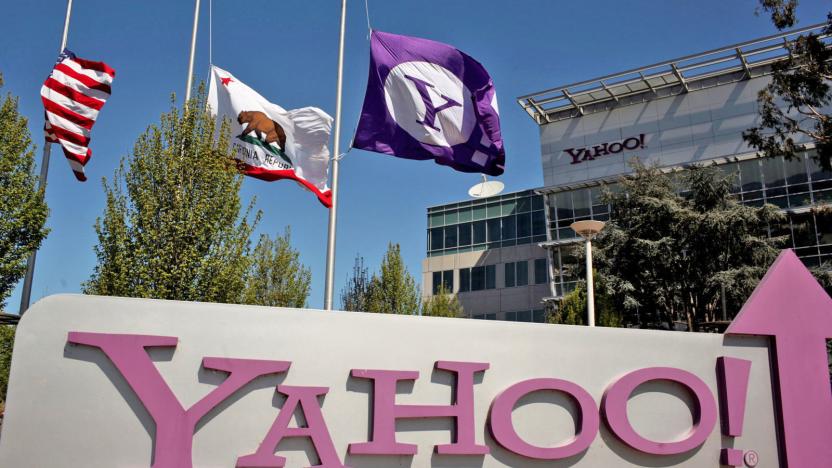
Reuters: Yahoo email scanning done with a Linux kernel module
In the ever evolving saga of Yahoo's email servers and who could peek into them, the latest nugget comes from a Reuters report that the scanning program operated at a deeper level than mail filters for porn or spam. Citing three former employees, it now says the scanning was done via a module attached to the Linux kernel itself. While the more technically-minded wondered why this method would've been employed at all, others like Senator Ron Wyden called for the government to release the FISA order apparently ordering the surveillance.

Apple left iOS 10's core code unencrypted on purpose
Apple is infamous for guarding its secrets tightly, so it came as a big surprise that the preview version of iOS 10 it released at WWDC has an unencrypted kernel. According to a spokesperson, though, Cupertino did it on purpose, because by leaving it unencrypted, the company was "able to optimize the operating system's performance without compromising security." The kernel is the heart of an operating system, and on iOS, it's in charge of security and managing what parts of an iPhone or an iPad apps can access. Apple used to keep it under several layers of protection -- now that security researchers can examine it more closely, bugs could come to light more quickly than before.

Dropbox's Infinite feature needs deeper access to your computer
On the surface, Dropbox's Project Infinite sounds great. The feature will give you access to everything in your account without having to store them on your computer. It's bound to save space, especially if you're using an SSD with a smaller capacity. As Motherboard reported, though, a lot of people aren't happy that for the feature to work, Dropbox will need to have deeper access to your system. When the company announced the project, its post said: "With Dropbox Infinite, we're going deeper: into the kernel -- the core of the operating system."

Google denies Linux flaw is a serious Android security issue
Red Hat and security company Perception Point recently revealed a Linux flaw they say could affect servers, PCs and up to 66 percent of Android phones on the market. The vulnerability directly affects the OS's kernel, and could give attackers a way to gain code execution and take over a device, according to Perception Point. Google, however, fired back strongly at the claim, particularly because it wasn't given the usual window to address the flaw before it was publicly released. "Since this issue was released without prior notice to the Android Security Team, we are now investigating the claims ... [however,] we believe that the number of Android devices affected is significantly smaller than initially reported."

Linux kernel 3.10 arrives with ARM big.LITTLE support
Thanks to Linus Torvalds' figurative stroke of the pen, the Linux kernel 3.10 is now final -- paving the way for its inclusion in a bevy of Linux distributions, and even offshoots such as Android and Chrome OS. The fresh kernel brings a good number of changes, such as timerless multitasking, a new caching implementation and support for the ARM big.LITTLE architecture. In simplistic terms, the new multitasking method should help improve performance and latency by firing the system timer only once per second -- rather than 1,000 times -- when tasks are running. Meanwhile, users with both traditional hard drives and SSDs will find performance benefits from bcache, which brings writeback caching and a filesystem agnostic approach to leveraging the SSD for caching operations. Also of significance, Linux kernel 3.10 enhances ARM support by including the big.LITTLE architecture, which combines multiple cores of different types -- commonly the Cortex-A7 and Cortex-A15 -- that focus on either power savings or performance. The full list of improvements is rather lengthy, but if you feel like nerding out with the changelog, just grab a caffeinated beverage and get to it.

HTC posts kernel source code for One Google Play edition
Officially, the HTC One Google Play edition exists for tinkering with an unfettered Android experience. Owners need the code to do that, of course -- and HTC has quickly followed up by posting the kernel source code for its Sense-free phone. The release helps developers optimize their apps for the hardware, modify its vanilla Android 4.2 build and produce custom firmware. If you have one of those goals in mind, the kernel source is ready to download at HTC's developer portal.

Samsung posts kernel source code for Galaxy S4 Active on AT&T, Galaxy Note 8.0 with LTE
Samsung may have been busy this past week with the launches of the Galaxy S4 Active and Galaxy Note 8.0, but it hasn't forgotten its duties to Android programmers. It just posted the kernel source code for both the AT&T variant of the GS4 Active (the SGH-i537) as well as the LTE-equipped Note 8.0 in its American and Canadian forms (SGH-i467 and i467M). As with past releases, the source material gives developers a better understanding of the hardware; it also gives tinkerers an easier time when modifying the firmware or creating fully functional custom ROMs. Whichever camp you're in, the kernel code awaits at the links below.

Google Glass gets a one-stop shop for downloads, including a rooted image
Early Google Glass owners are dominated by developers and tinkerers, so it's only fair that they get easy access to the downloads they need. Appropriately, Google has quietly set up a page that centralizes both Glass images and kernel source code. The company has even saved owners from having to hack their eyewear the hard way -- one image comes pre-rooted for those willing to toss caution (and their warranties) to the wind. Most of us can't take advantage of these downloads for about a year or more, but those with early access can swing by the new code hub today.

Linux kernel version 3.9 adds better support for Chromebooks, maybe even yours
Linus Torvalds has pulled the big red lever marked Version 3.9, unleashing the latest Linux kernel onto the world and at the same time bringing some good news for Chromebook tinkerers. The update builds on the Chromebook Pixel tweak we saw back in February by adding support for components in "Chrome laptops sold by many companies" -- with the changelog specifically mentioning the x86-powered Samsung Series 5, Acer C7, HP Pavilion 14 as well as support for the Pixel's touchscreen, all of which should make it easier to run your preferred distro in place of Chrome OS on those machines. Other general improvements include better support for Intel power-saving features, the ability to use an SSD as a hard drive cache as well as KVM visualization for users with ARM-powered gear. Just make sure there's no NVIDIA hardware inside any of those boxes -- you know it makes Linus cranky.

Google releases Glass kernel GPL source, lets developers have at it
While our own Tim Stevens is currently adapting to life with Google Glass, developers are going beyond scratching the surface and actually starting to fiddle with what's inside. Hot on the heels of Jay Freeman rooting Glass, Google's throwing devs a bone by publicly releasing the kernel source. Interestingly, Karthik's Geek Center spotted info within the file that points to Glass potentially being equipped for NFC support. If you're up for tinkering, you'll find the temporary location of the tar.zx file itself at the source link.

NVIDIA Tegra 3 open source code gets early 3D support
It's a given that NVIDIA's Tegra 3 can handle 3D -- unless you've been crafting a fully open source project around the chip, at which point you've been stuck in a flat world. Fresh contributions from Avionic Design's Thierry Reding have brought that extra dimension back, albeit in limited form. His early patches for the Linux kernel enable support for 3D when using the Tegra Direct Rendering Manager driver. There's also a matching Gallium3D driver for us regular users, although it's still young: it can run reference 3D code as of a recent check, but can't produce visible imagery. While it may take some months before everything falls into place, the officially-backed work should make the (slightly aging) chip that much more useful beyond the realms of Android and Windows RT.

Linux to drop i386 support in the 3.8 kernel, make us upgrade our Doom rig
Linux has developed a reputation for running on just about anything. If proposed changes to the 3.8 kernel take effect, we'll have to add an "almost" disclaimer. The OS' maintainers expect to drop support for Intel's i386 architecture with the new release, noting that there's "quite a bit of complexity" that could be lifted by swinging the focus to (much) newer chips. Don't expect Torvalds to have much nostalgia for i386 despite basing much of his early work on it, either, as he's bidding "good riddance" to the legacy code. We can't blame the Linux collective for wanting to drop support for 27-year-old silicon that's well out of fashion, even in embedded components; you'll just have to forgive us if we shed a tear for that retro gaming PC which finally fell off the update bandwagon. [Image credit: Konstantin Lanzet, Wikipedia]

Linux 3.7 arrives with broader ARM support, optionally signed kernel code
If you're the sort of Linux user who won't even wait for a packaged distribution to update, you'll be happy to hear that Linux 3.7 has hit the servers. The updated foundation puts ARM chips on a footing much closer to that of their x86 counterparts: the code now supports a true multi-platform model that will load on multiple ARM designs. It's also the first instance of Linux to natively support 64-bit memory for newer ARM-based hardware. No matter what circuitry you're running, there's also a big boost to security by allowing signed kernel modules that will only accept approved code, even if a curious user gains root access. There are many (many, many) more tweaks and tune-ups in store, so those who like to push their OS limits can check release details from Linus Torvalds and developers at the source links.








